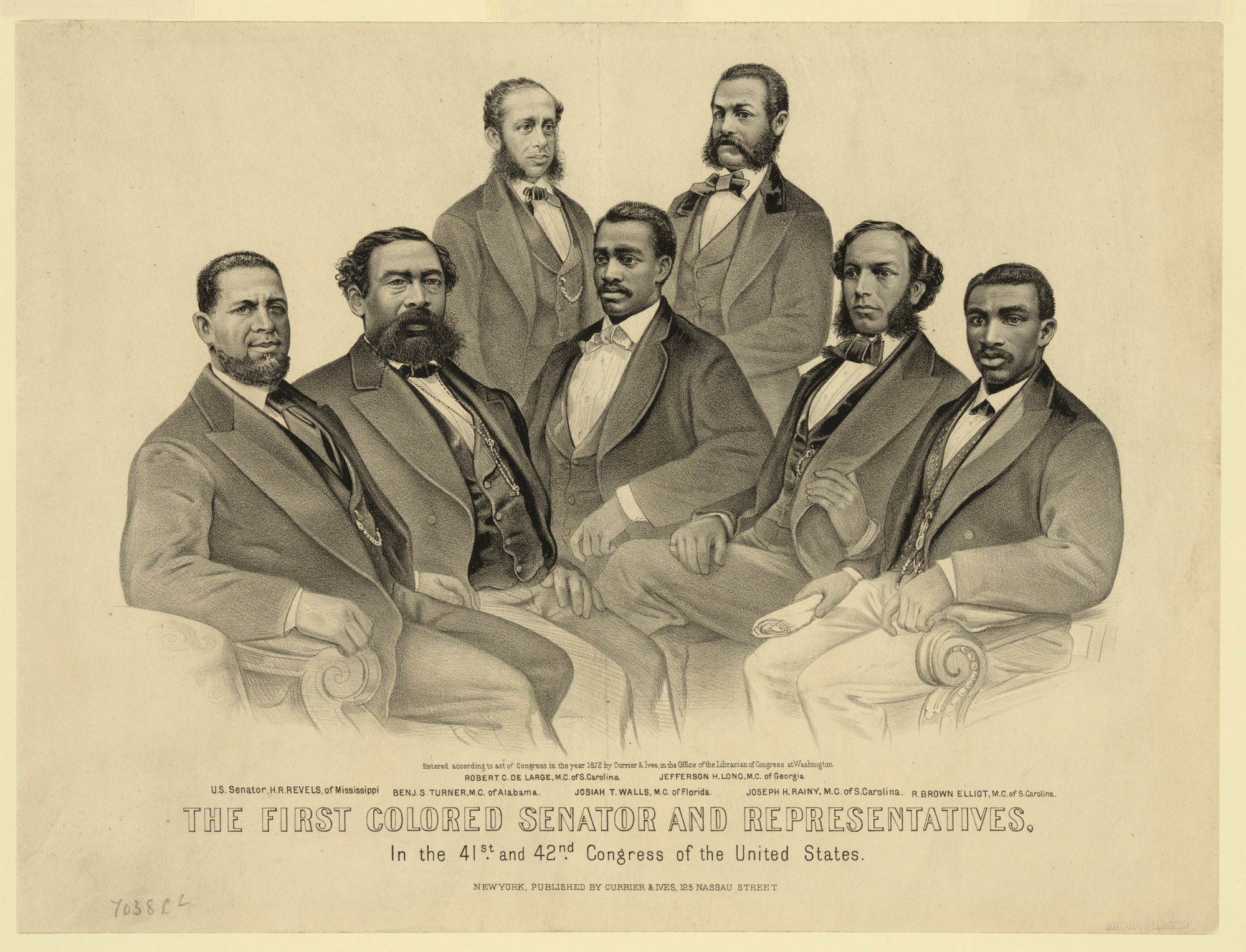Report on the Arbitrary Detention of Former President Mohamed Bazoum and Implications for Sustainable Development Goal 16 in Niger
Introduction: A Challenge to Peace, Justice, and Strong Institutions
Two years following a military coup on July 26, 2023, former Nigerien President Mohamed Bazoum remains in arbitrary detention. This situation presents a profound challenge to the principles of **Sustainable Development Goal 16 (Peace, Justice and Strong Institutions)**. The military junta, known as the National Council for the Safeguard of the Homeland (CNSP), continues to hold Mr. Bazoum and his wife, Hadiza Bazoum, at the presidential palace in Niamey, contravening both national and international legal standards and undermining the development of effective, accountable, and transparent institutions as outlined in **SDG Target 16.6**.
Timeline and Legal Proceedings
The detention and subsequent legal actions against the former president have been marked by a disregard for due process, directly conflicting with **SDG Target 16.3**, which seeks to promote the rule of law and ensure equal access to justice for all.
- July 26, 2023: The CNSP overthrows the government and detains President Bazoum and his wife. They are held without access to legal counsel or family.
- August 2023: The junta announces its intention to prosecute Mr. Bazoum for “high treason” and undermining national security, though he is not brought before a judge.
- June 2024: A newly established state court lifts Mr. Bazoum’s presidential immunity following proceedings that failed to meet international fair trial standards. This action paves the way for a trial on charges of high treason, although a date has not been set.
Disregard for International and Regional Rulings
The junta’s actions have defied multiple international legal bodies, demonstrating a retreat from international cooperation and accountability, which is essential for achieving **SDG 16**.
- ECOWAS Court of Justice (December 2023): In response to a petition filed by Mr. Bazoum, the court ruled his detention was arbitrary and ordered his immediate release. The junta ignored this ruling and subsequently announced Niger’s withdrawal from the Economic Community of West African States (ECOWAS) in January 2025.
- UN Working Group on Arbitrary Detention (February 2025): This independent UN body concluded that the detention of Mr. Bazoum and his wife is arbitrary and violates international human rights law, issuing a formal call for their release.
Broader Implications for SDG 16 in Niger
The case of former President Bazoum is symptomatic of a wider regression in governance and human rights, severely impacting progress toward **SDG 16**.
Erosion of Democratic Institutions and Freedoms
The junta’s consolidation of power has led to a systematic crackdown on fundamental freedoms, undermining **SDG Target 16.7** (Ensure responsive, inclusive, participatory and representative decision-making) and **SDG Target 16.10** (Ensure public access to information and protect fundamental freedoms).
- Suppression of political opposition.
- Stifling of peaceful dissent and civil society activism.
- Restrictions on media freedom.
These actions delay a transition to civilian rule and impede the possibility of credible, free, and fair elections, moving Niger further from the democratic path necessary to build strong and accountable institutions.
Conclusion: A Call for Adherence to the Rule of Law
The continued arbitrary detention of Mohamed Bazoum represents a significant breach of the rule of law and a direct affront to the objectives of **Sustainable Development Goal 16**. International human rights organizations and UN bodies assert that his politically motivated detention and prosecution discredit any claims by the junta toward democratic governance. Releasing the former president and restoring a path toward constitutional order are critical first steps for Niger to recommit to building peace, ensuring justice, and developing the strong institutions vital for sustainable development.
1. Which SDGs are addressed or connected to the issues highlighted in the article?
SDG 16: Peace, Justice, and Strong Institutions
- The article extensively discusses the breakdown of the rule of law, the arbitrary detention of a political figure, the lack of due process, and the overthrow of a government by a military junta. These issues are central to SDG 16, which aims to promote peaceful and inclusive societies, provide access to justice for all, and build effective, accountable, and inclusive institutions at all levels. The article highlights a “contempt for the rule of law” and a move away from a “democratic path,” directly engaging with the core principles of this goal.
2. What specific targets under those SDGs can be identified based on the article’s content?
Target 16.3: Promote the rule of law at the national and international levels and ensure equal access to justice for all.
- The article directly addresses this target by describing the detention of former President Bazoum as “arbitrary” and a violation of “international human rights law.” It notes he has had “no access to family members or lawyers” and that the legal proceedings to lift his immunity “failed to meet basic due process and international fair trial standards.” The junta’s disregard for the ECOWAS court’s ruling calling for his release further demonstrates a failure to promote the rule of law at both national and international levels.
Target 16.6: Develop effective, accountable and transparent institutions at all levels.
- This target is relevant as the article describes the replacement of an elected government with a “military junta” led by the “self-proclaimed National Council for the Safeguard of the Homeland.” The junta’s actions, such as the “politically motivated detention and prosecution” of the former president and ignoring rulings from international bodies, show a lack of accountability and transparency. The article states these actions “discredit any junta claims to a more democratic Niger.”
Target 16.7: Ensure responsive, inclusive, participatory and representative decision-making at all levels.
- The military coup itself is a direct violation of this target. The article notes that the junta is “delaying a transition to civilian rule and credible, free, and fair elections.” This indicates a complete absence of responsive, inclusive, and representative decision-making, as power is held by a military body rather than elected officials.
Target 16.10: Ensure public access to information and protect fundamental freedoms, in accordance with national legislation and international agreements.
- The article mentions that the military junta “has cracked down on the political opposition, peaceful dissent, and the media.” This directly relates to the failure to protect fundamental freedoms, which is a key component of this target.
Target 16.a: Strengthen relevant national institutions, including through international cooperation, for building capacity at all levels… to prevent violence and combat terrorism and crime.
- This target is addressed in a negative sense. The article states that in January 2025, “Niger, along with Mali and Burkina Faso, formally withdrew from ECOWAS.” This action represents a rejection of international cooperation and a weakening of regional institutional frameworks, which is the opposite of the target’s objective. The junta’s defiance of rulings from the ECOWAS court and the UN Working Group on Arbitrary Detention further illustrates this point.
3. Are there any indicators mentioned or implied in the article that can be used to measure progress towards the identified targets?
Implied Indicator for Target 16.3: Proportion of the population subjected to arbitrary detention.
- The article provides a specific case of arbitrary detention, that of “former President Mohamed Bazoum” and his wife, who have been held for two years “without charge or trial.” The finding by the “United Nations Working Group on Arbitrary Detention” that their detention was “arbitrary, in violation of international human rights law” serves as a qualitative indicator of this issue.
Implied Indicator for Target 16.3: Existence of fair and independent judicial processes.
- The article implies a negative indicator by stating that the proceedings to lift Bazoum’s immunity “failed to meet basic due process and international fair trial standards.” Furthermore, his lack of “access to… lawyers” and the plan to prosecute him for “high treason” without bringing him “before a judge for preliminary hearings” points to a lack of independent and fair judicial processes.
Implied Indicator for Target 16.7: Existence of a transition to democratic and civilian rule.
- The article provides a clear negative indicator by stating the junta is “delaying a transition to civilian rule and credible, free, and fair elections.” The absence of a timeline or plan for such a transition can be used to measure the lack of progress toward representative governance.
Implied Indicator for Target 16.10: Verified cases of suppression of fundamental freedoms.
- The article’s statement about the junta’s “crackdown on the political opposition, peaceful dissent, and the media” serves as a qualitative indicator. Tracking the number of detained activists, closed media outlets, or suppressed protests would be a way to measure this.
4. Create a table with three columns titled ‘SDGs, Targets and Indicators” to present the findings from analyzing the article. In this table, list the Sustainable Development Goals (SDGs), their corresponding targets, and the specific indicators identified in the article.
| SDGs | Targets | Indicators (Mentioned or Implied in the Article) |
|---|---|---|
| SDG 16: Peace, Justice, and Strong Institutions | 16.3: Promote the rule of law at the national and international levels and ensure equal access to justice for all. |
|
| SDG 16: Peace, Justice, and Strong Institutions | 16.6: Develop effective, accountable and transparent institutions at all levels. |
|
| SDG 16: Peace, Justice, and Strong Institutions | 16.7: Ensure responsive, inclusive, participatory and representative decision-making at all levels. |
|
| SDG 16: Peace, Justice, and Strong Institutions | 16.10: Ensure public access to information and protect fundamental freedoms. |
|
| SDG 16: Peace, Justice, and Strong Institutions | 16.a: Strengthen relevant national institutions, including through international cooperation. |
|
Source: hrw.org







